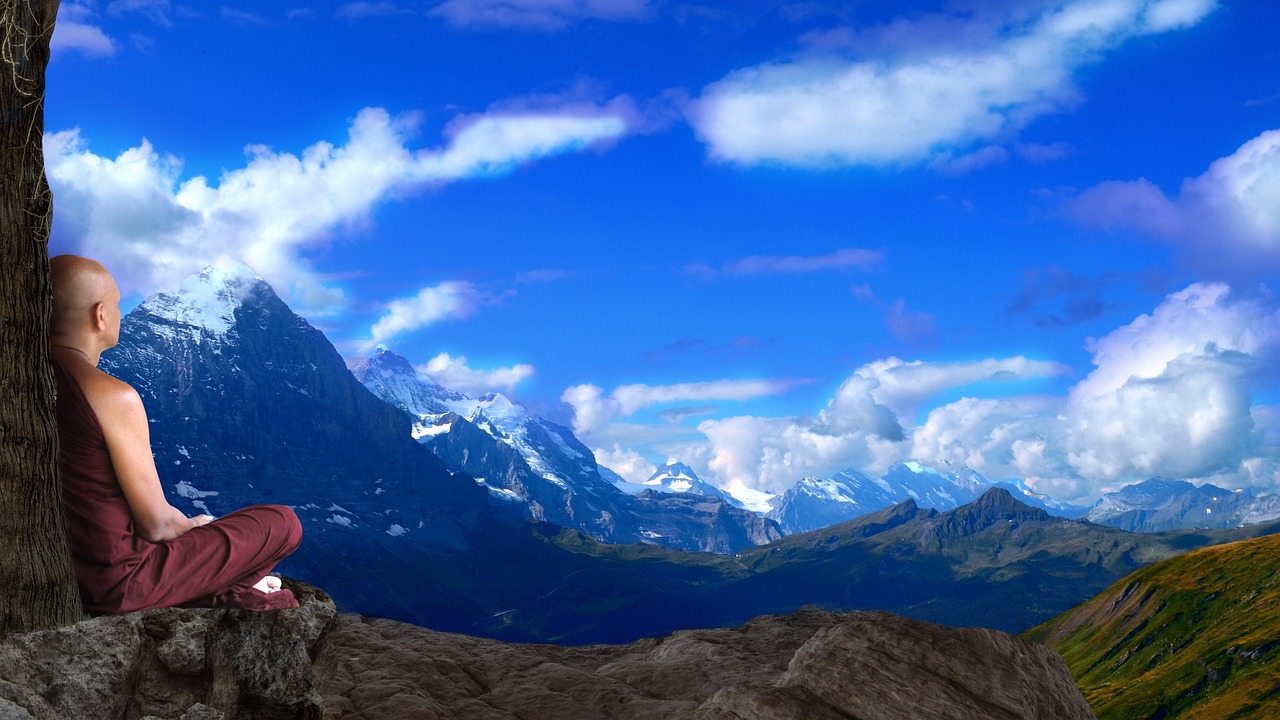The future of eco-friendly accommodations: green hotels and lodges
Travelers nowadays are increasingly choosing sustainable accommodations for their trips. These eco-friendly lodging options offer a range of benefits that appeal to conscious consumers. From reducing environmental impact to supporting local communities, sustainable accommodations provide a unique and rewarding experience for guests.
In addition to benefiting the environment, sustainable accommodations often prioritize the well-being of their guests. Many eco-friendly hotels and resorts offer organic and locally sourced meals, promoting a healthier lifestyle for visitors. Furthermore, the emphasis on sustainability often extends to the design and amenities of these accommodations, creating a comfortable and eco-conscious setting for travelers to enjoy.
– Sustainable accommodations help reduce environmental impact
– Support local communities and economies
– Offer unique and rewarding experiences for guests
– Provide organic and locally sourced meals for a healthier lifestyle
– Comfortable and eco-conscious design and amenities for guests to enjoy
Challenges in Implementing Eco-Friendly Practices
One of the key hurdles faced by the hospitality industry when implementing eco-friendly practices is the initial cost associated with making sustainable changes. Many accommodations are hesitant to invest in environmentally friendly technologies due to the perceived high expenses involved. This financial barrier often deters establishments from transitioning to more sustainable operations despite the potential long-term benefits.
Another challenge that hotels and resorts encounter is the lack of awareness and understanding among staff and guests about the significance of eco-friendly practices. Without proper education and training, it can be challenging to get everyone on board with the changes necessary to reduce environmental impact. Effective communication and continuous education initiatives are crucial in overcoming this obstacle and fostering a culture of sustainability within the hospitality sector.
Innovative Green Technologies in Hospitality Industry
In the ever-evolving hospitality industry, green technologies are making a significant impact. One notable advancement is the incorporation of smart room controls that adjust lighting, temperature, and energy usage based on guest occupancy and preferences. This not only enhances the guest experience but also reduces energy consumption and operational costs for hotels.
Another cutting-edge technology gaining popularity is the use of water-saving fixtures and systems in hotels. From low-flow showerheads to smart irrigation systems, these innovations are crucial in promoting water conservation without compromising guest comfort. By implementing these green technologies, hotels can not only reduce their environmental footprint but also appeal to eco-conscious travelers seeking sustainable accommodation options.
What are some benefits of sustainable accommodations in the hospitality industry?
Sustainable accommodations help reduce environmental impact, attract eco-conscious guests, save on operational costs, and improve the overall brand image of the hotel.
What are some challenges in implementing eco-friendly practices in the hospitality industry?
Some challenges include initial investment costs, lack of awareness and education among staff and guests, resistance to change, and sourcing sustainable materials and products.
Can you provide examples of innovative green technologies being used in the hospitality industry?
Some examples of innovative green technologies in the hospitality industry include energy-efficient lighting, smart thermostats, water-saving fixtures, renewable energy sources like solar panels, and waste management systems.





